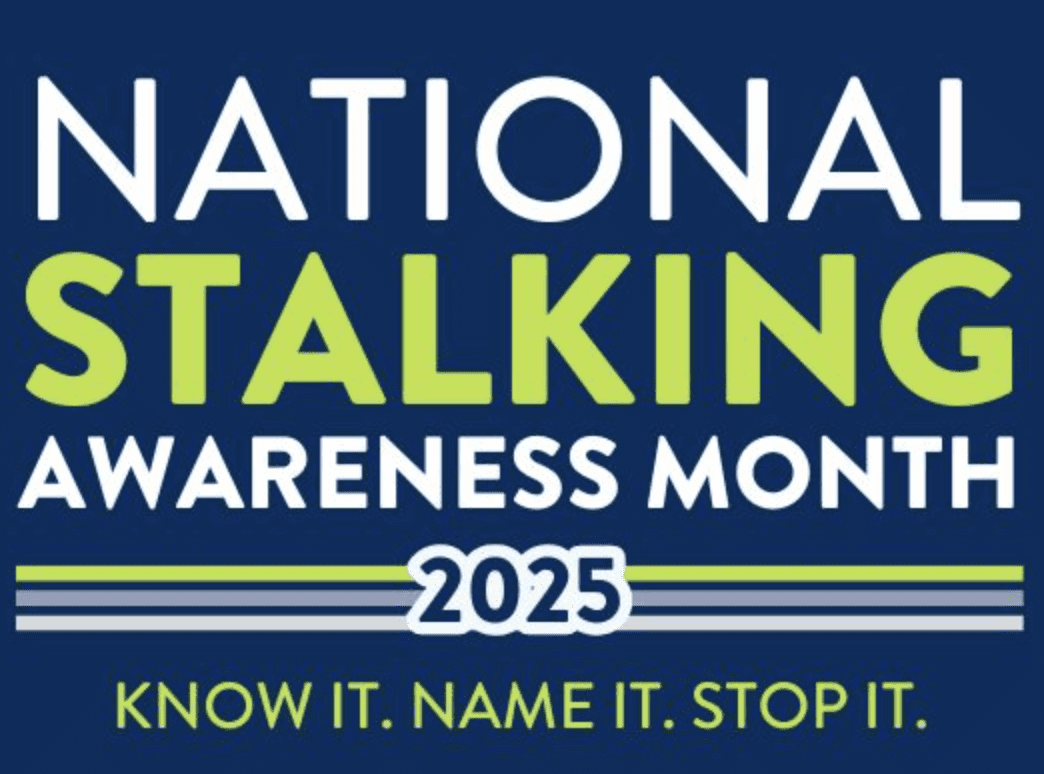By Deana M. Newman, M.A., C.C.P.
Today’s lifestyle warrants the need for round-the-clock access to people we interact with on a daily basis…bosses, coworkers, friends and family. We now live within a technological society with cellular phones and laptops constantly by our sides. However, we’ve seem to have embraced the need for instant communication versus the need for eight hours of peaceful sleep.
According to a 2007 study conducted by the Better Sleep Council, a decrease in work quality, poor judgment, unpleasant moods and trouble retaining information were reported by 44 percent of respondents as the price they pay for a lack of sleep. Despite the consequences of the sleep deprivation, many believe you can accomplish more if you spend less time sleeping. It is also a no brainer to imagine how one’s health and relationships are also impacted.
Now is the time to turn-off the cell phone, close the laptops and televisions and reclaim the power of sleep. The average adult needs seven to eight hours of sleep per night.
Below are ten tips from the Better Sleep Council on how to revamp your life for peaceful slumber:
Make sleep a priority by keeping a consistent sleep (bedtime) and wake schedule, including weekends.
Create a bedtime routine that is relaxing. Experts recommend reading a book, listening to soothing music or soaking in a hot bath.
Transform your bedroom into a haven of comfort. Create a room that is dark, quiet, comfortable and cool for the best possible sleep.
Evaluate your mattress and pillow to ensure proper comfort and support. If your mattress is five to seven years old, it may be time for a new one. In general, pillows should be replaced every year.
Keep work materials, computers and televisions out of the bedroom
Exercise regularly, but complete workouts at least two hours before bedtime.
If you sleep with a partner, your mattress should allow each of you enough space to move easily. Couples who’ve been sleeping on a "double" (full size) may think they have enough room, until they learn that each person has only as much sleeping space as a baby’s crib!
Avoid nicotine (e.g., cigarettes, tobacco products). Used close to bedtime, it can lead to poor sleep.
Avoid caffeine and alcohol (e.g., coffee, tea, soft drinks, chocolate) close to bedtime. It can keep you awake.
Finish eating at least two to three hours before bedtime.
Here’s to sleeping towards good health!



